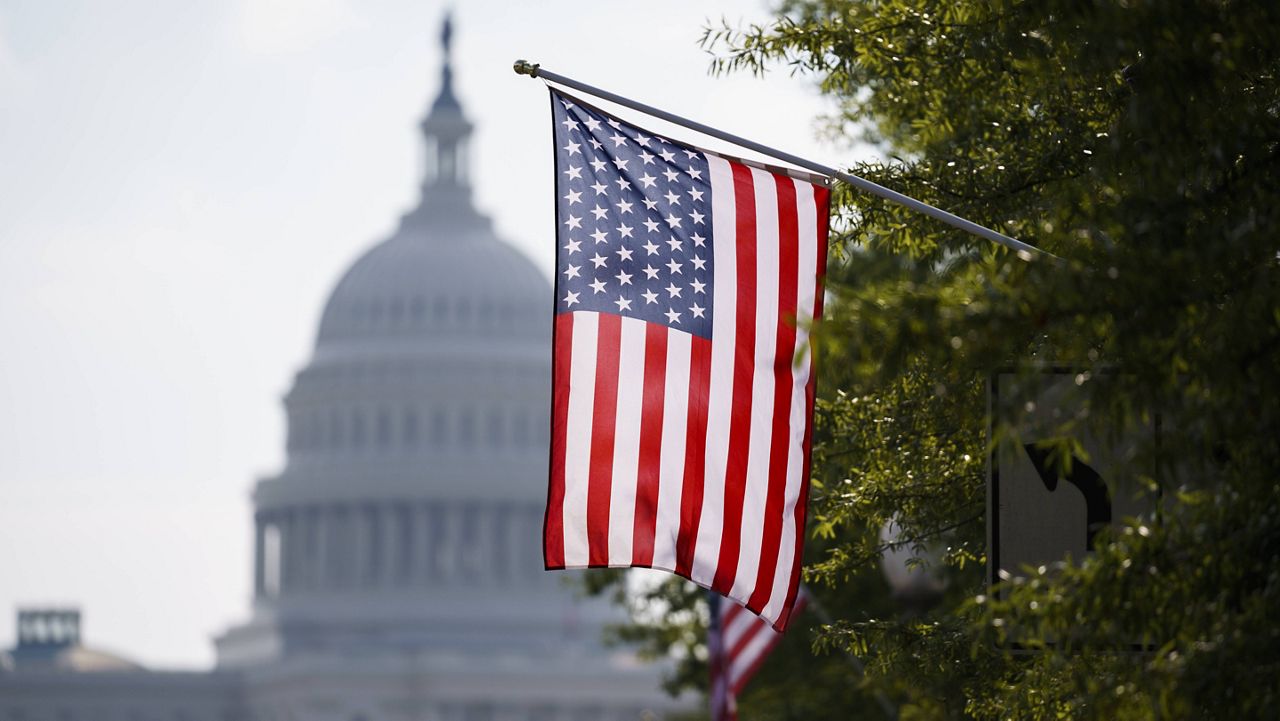IRVINE, Calif. — Noted elections law expert Rick Hasen has launched, along with David Kaye, the Fair Elections and Free Speech Center at the University of California, Irvine.
Kaye and Hasen, both UCI professors, are gearing up for a Sept. 24 virtual seminar called “Election Subversion: Is American Democracy in Danger?”
The event includes Georgia’s Secretary of State Brad Raffensperger and Isabel Longoria, election administrator of Harris County, Texas.
American elections systems in more than a dozen states have been changed in recent months, with critics calling the changes a response to Republicans' loss of the White House.
Georgia passed a bill that criminalizes the distribution by political organizations of food or water to voters in line, and numerous states have made it more difficult to vote early. Some states require voters to show identification before casting a ballot.
The Brennan Center reports that 49 states have introduced 400 bills in legislative sessions in 2021 that “would restrict voting access.”
Hasen and Kaye, in part, created the center to analyze election laws and point out unfair or dangerous practices, and not just in the U.S.
“We’re going to look around the world and evaluate best practices and see what the risks are to democracy,” said Hasen.
Voting laws have been much debated in recent months. Some states like Alabama passed voter ID laws years ago. Florida passed a law before the 2018 midterms that returned the voting rights to tens of thousands of former inmates only for those rights to be bogged down by bureaucratic delays and steep registration costs.
Polling data shows that division on the issue is highly partisan, with Republicans often looking at voting as a privilege, while Democrats see it as a right.
California Republicans have decried the mass issuance of mail-in ballots, what they consider lax signature standards and “ballot harvesting.”
But the center is also focused on the global health of democracy in countries like Germany and Uganda. While these countries can have broad differences in philosophies on freedom or trade, Hasen said a huge amount of influence still originates in America with social media platforms like Google, Facebook and Twitter.
“Social media companies that are primarily American-based have tremendous effects on how elections are done around the world,” Hasen said.
These companies have also been the target of politicians from both sides of the aisle who either accuse them of restricting free speech or allowing the propagation of lies.
Concerns over what Democrats say are restrictive voting laws and the impact of social media have led to fierce debate over federal regulation. Democrats have been working on new voting rights laws, which they say will protect voting access.
“Any time you’re dealing with laws that affect the politicians voting for them you encounter some political perils in making the changes,” Hasen said.



